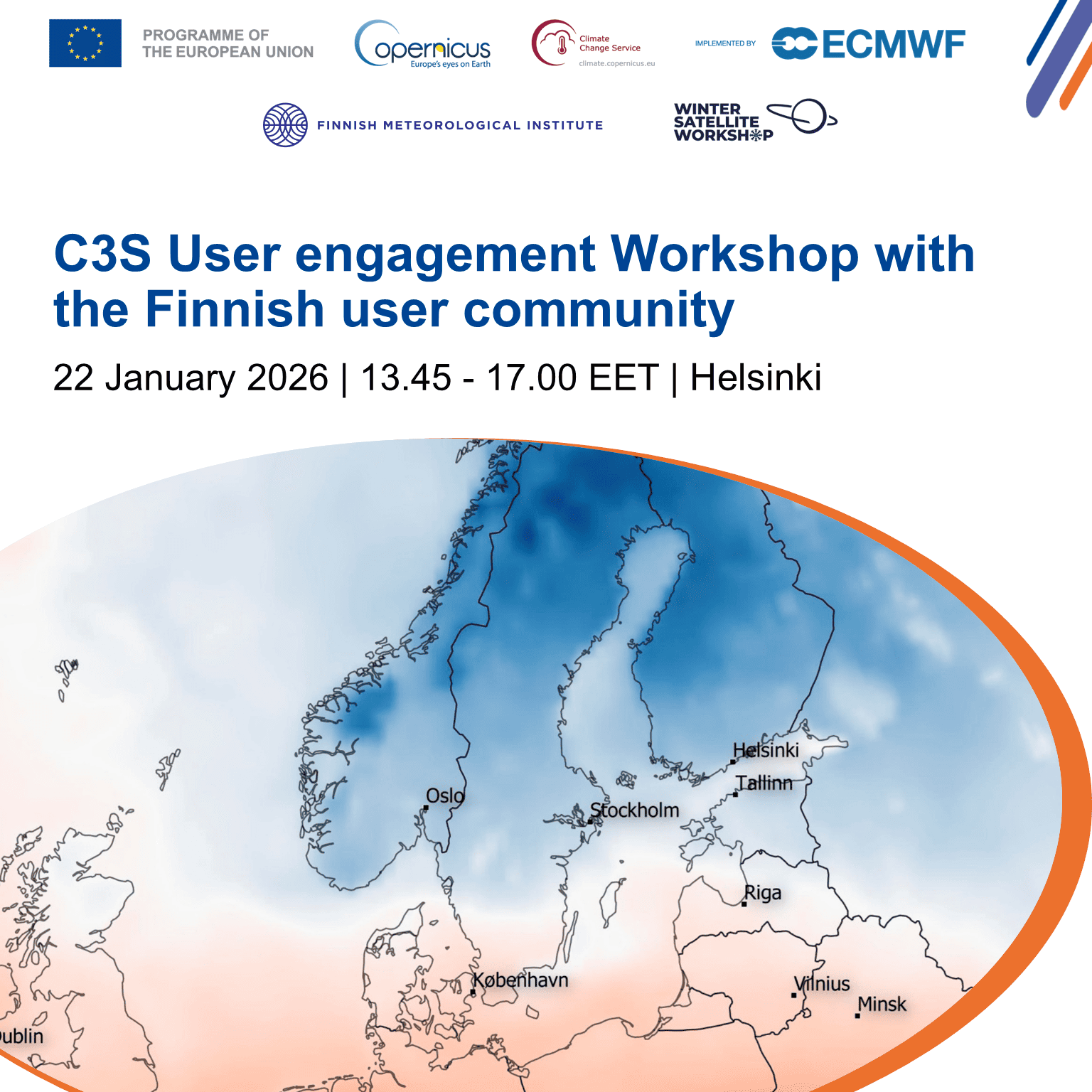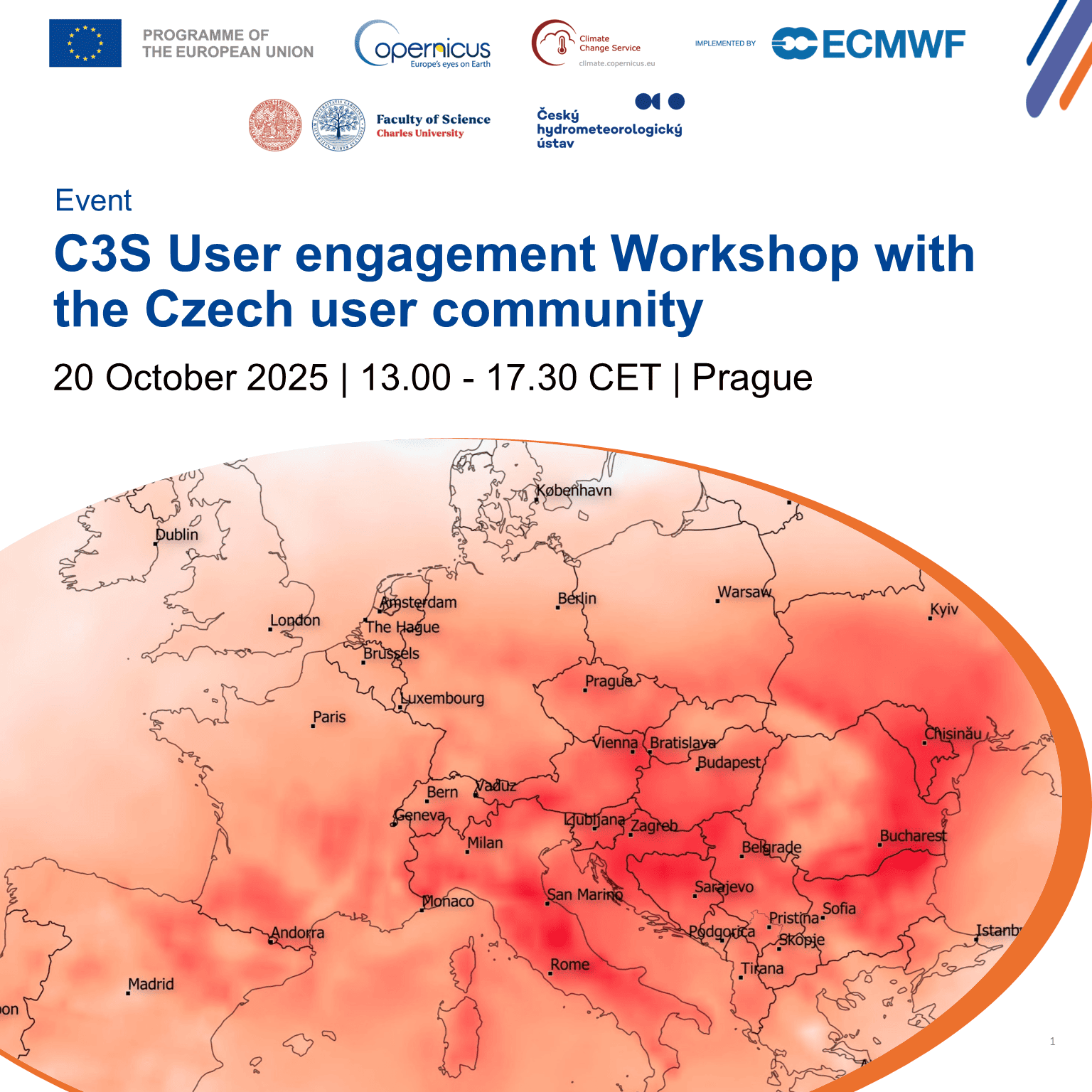Ecosystem-based Adaptation for Coastal Resilience (II)
In-depth Workshop on Community Engagement and Strengthening Partnerships for Coastal EbA
-
online
Reality Checking the Clean Industrial Deal
Launch of the Clean Industrial Transition Monitor
online
Storage and Pre-processing: Infrastructure for Regional Products
Market Information Talk 2026
Beelitz (Zauchwitz) – Syringhof,
Germany
Designing Climate Resilient Landscapes in Europe
Regional Expert Workshop
-
Bucharest,
Romania
Designing Climate Resilient Landscapes in Europe
Regional Expert Workshop
-
Helsinki,
Finland
EU Climate and Energy Policy in a Polarising World
Discussing insights from the Ariadne Project
-
Brussels,
Belgium
Learning from Buyers – Unlocking Private Purchases of EU CDR
Closed door workshop
Brussels,
Belgium
ZirTeNet at the ADD-ITC Textile Conference in Aachen
Information Booth on 27–28 November 2025
-
Aachen,
Germany
5th EU Blue Parks Community Workshop
Achieving Mission Ocean and Waters protection targets
online
Bridging Science and Policy – Exploring the Marine Protection and Climate Adaptation Nexus
MEER:STARK Final Event
-
hybrid | Berlin,
Germany
Navigating Arctic Futures: Adaptive Governance for Resilient Ecosystems and Communities
An expert workshop under the YESSS project
online
The Role of Social Innovation in Promoting Sustainable Consumption and Production
3-CO Final Event
online
Dynamic Ocean Management in Arctic Waters – New Dynamic with the BBNJ Agreement?
Panel session at the Arctic Circle Assembly 2025
Reykjavik,
Iceland
Ecosystem-based Adaptation for Coastal Resilience (I)
In-depth workshop on stocktake and finance perspectives
-
Berlin,
Germany
Nature-Based Solutions as Enablers of a Nature-Positive Future
Holistic Framework for Successful Development of NbS
-
Aarhus,
Denmark
From Thread to Cycle: Business Models for a Circular Future
Online Workshop
Online,
Germany
Designing Climate Resilient Landscapes in Europe
Regional Expert Workshop
-
Berlin,
Germany
Tracking the Transition to a Clean, Competitive and Fair EU Future
Launch of the 3rd Assessment by the European Climate Neutrality Observatory
online


